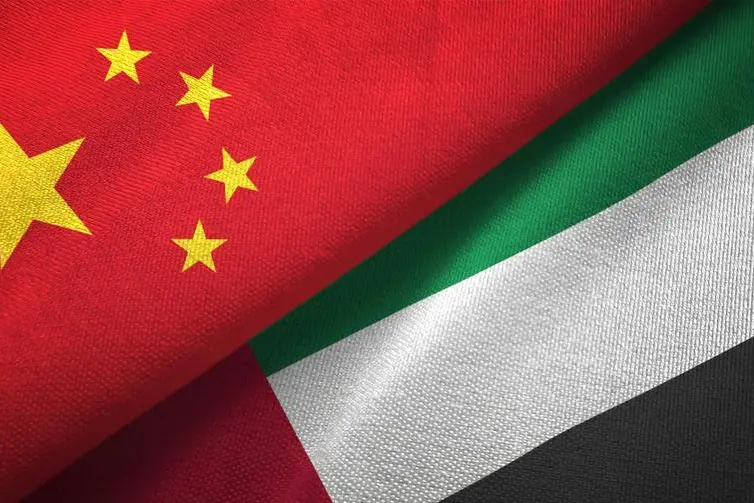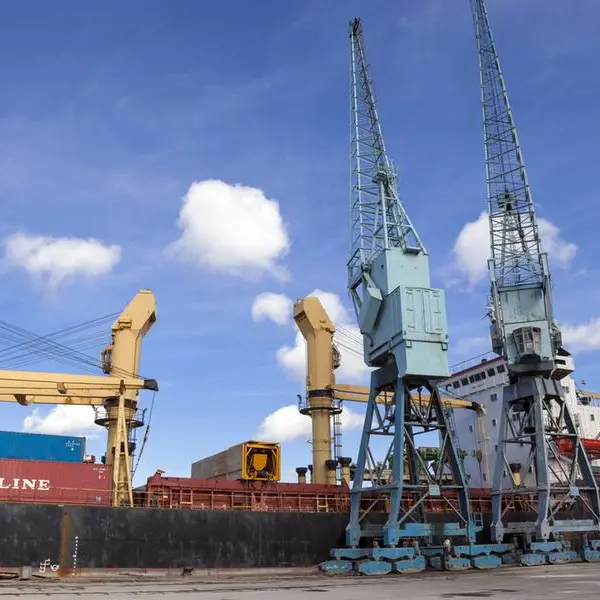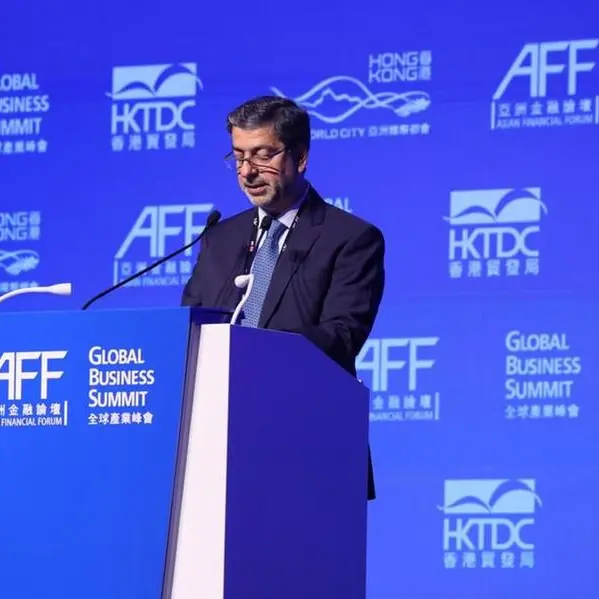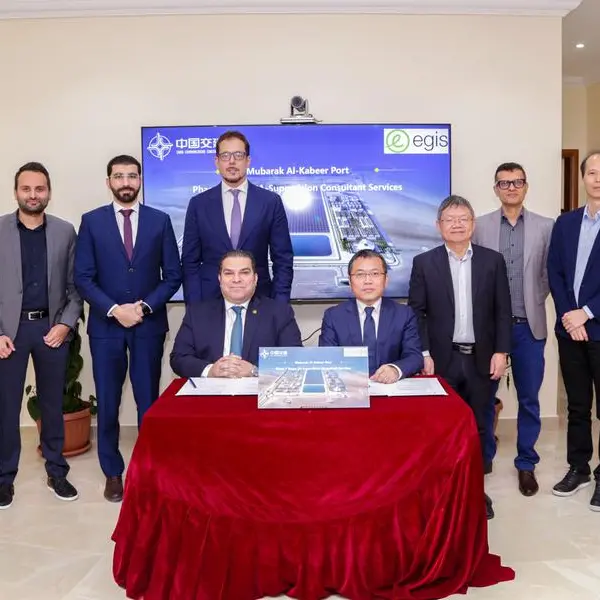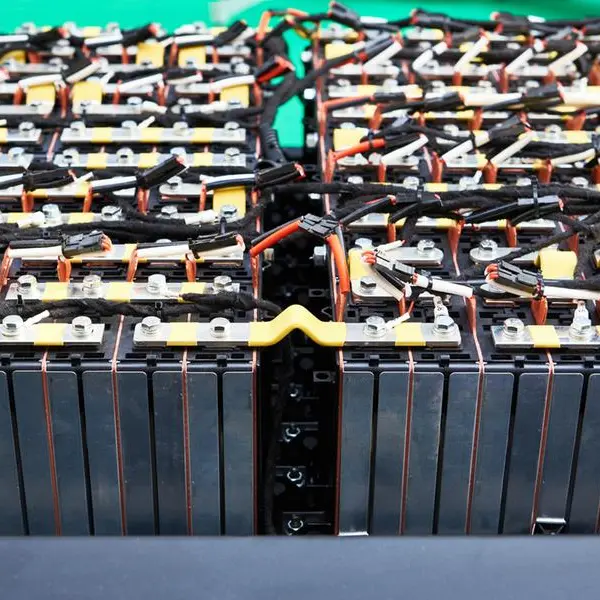PHOTO
HONG KONG - Today, the UAE is participating in the 8th session of the Belt and Road Initiative Summit in Hong Kong, with the aim of enhancing joint trade and investment cooperation with governments and the private sector, especially in the new economy, technology and entrepreneurship.
The UAE has broad economic and trade relations with the People’s Republic of China, which is one of the country’s most important strategic partners in the world, as well as with countries that will contribute to the Silk Road trade corridors connecting the East with the West.
Pivotal role in international trade
Since the launch of the Belt and Road initiative, the UAE has been leveraging its development potential, strategic location, and pioneering economic role in the region to be an active participant in it. The initiative is considered a favourable opportunity to advance the country’s development and investment plans regionally and internationally, especially since the initiative focuses on the UAE’s pivotal role in international trade and is in line with the objectives of the UAE Centennial. The economic partnership agreements the UAE forged as part of the initiative constitute an essential pillar of the UAE’s non-oil trade, as it contributes to approximately 30 percent of the UAE’s non-oil trade.
The UAE has advanced logistical capabilities with its state-of-the-art airports and international ports, which are now classified as the largest container handlers in the Middle East region, along with its capabilities in transporting large quantities of goods, which can be used to integrate land routes with the shipping lanes in the Chinese Belt and Road Initiative.
In light of this competitive advantage of the UAE, the Belt and Road Initiative will enhance its capacity and position as a global centre for merchandise trade and logistics services, strengthening its position as a strategic point of contact between Asia, Europe and Africa.
New economic and trade partnerships
The UAE's participation, and support for the initiative will reflect positively on bolstering trade, infrastructure and transportation projects, and reducing the cost of investment, which will open the way for the country to establish new economic and trade partnerships.
The UAE also has an active membership as a founding member of the Asian Infrastructure Investment Bank (AIIB), which is led by China and seeks to strengthen the developmental initiatives in Asia and other countries.
The 65 countries of the One Belt -One Road Initiative represent 30 percent of the global gross domestic product (GDP), and projections indicate that by 2040 these countries will represent nearly two-thirds of the global GDP, making them among the most important engines of growth. It is an influential economic and a crossing point for trade movement to various countries of the world.
The UAE has pumped US$10 billion into a joint China-UAE investment fund to support the initiative’s projects in East Africa and signed 13 Memorandums of Understanding with China in 2018 to invest in various fields within the UAE.
The volume of UAE trade with Asian, African and European countries during 2022 reached US$560 billion, which accounts for 90 percent of the UAE’s non-oil trade in particular. China, India, Saudi Arabia, Iraq, Turkey, Japan, Oman, Kuwait and Hong Kong are among the list of the UAE’s 10 most important trade partners, as its non-oil trade with these countries during 2022 saw a growth of 20 percent compared to 2021.
Data for the first half of 2023 indicate that the value of the UAE’s non-oil trade with countries within the Belt and Road Initiative amounted to US$305 billion, which contributes to 90 percent of the UAE’s non-oil trade during that period and achieved growth by more than 13 percent compared to the first half of 2022.
